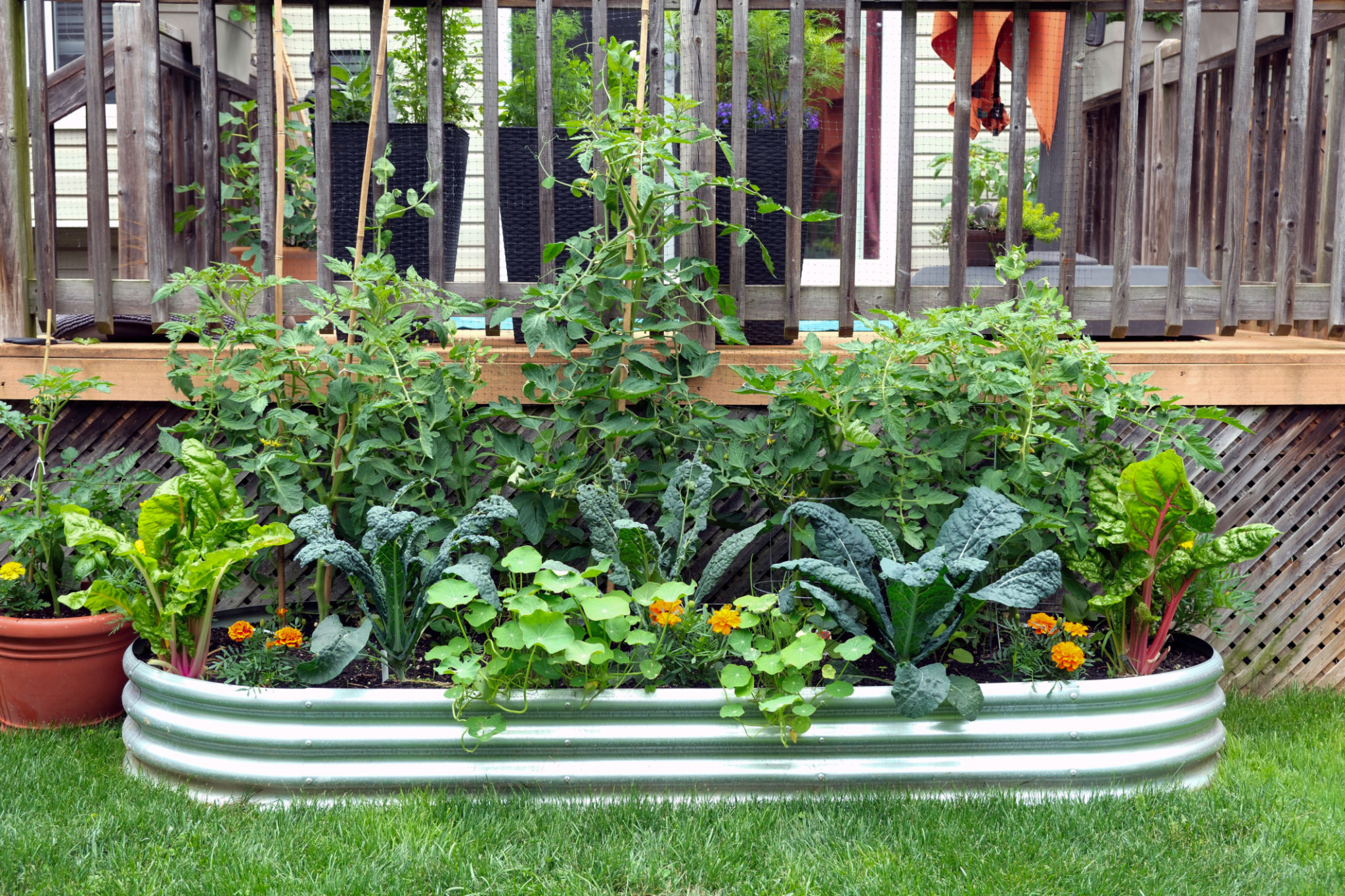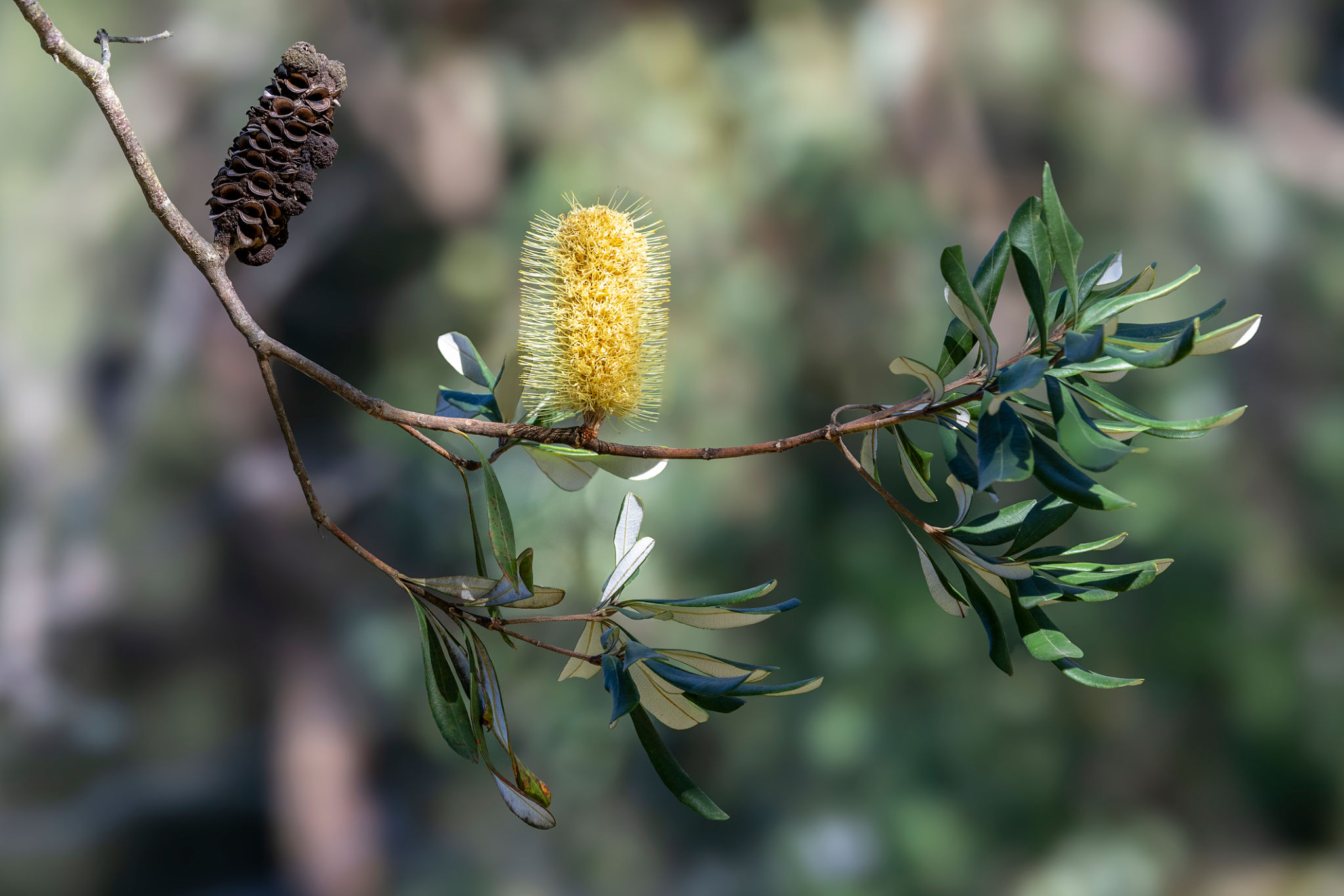Eco-Friendly Gardening Tips for Hamilton Homeowners
HS
Understanding Eco-Friendly Gardening
Eco-friendly gardening is more than just a trend; it’s a sustainable way to contribute positively to the environment while creating a beautiful green space. For Hamilton homeowners, adopting eco-friendly gardening practices can help reduce waste, conserve water, and promote biodiversity. By making a few adjustments to your gardening routine, you can make a significant impact.
The essence of eco-friendly gardening lies in working with nature rather than against it. This means selecting native plants, using resources wisely, and avoiding harmful chemicals. Not only does this approach benefit the environment, but it also often results in a more resilient and low-maintenance garden.

Choosing Native Plants
One of the most effective ways to create an eco-friendly garden is by choosing native plants. Native species are well-suited to local soil, climate, and ecosystems, making them more resilient and requiring less water and maintenance. In Hamilton, consider incorporating plants like the Eastern Redbud or Black-Eyed Susan.
Native plants also provide essential habitats for local wildlife such as birds, bees, and butterflies. By supporting these creatures, your garden can become a vital part of the local ecosystem, promoting biodiversity and ecological balance.

Water Conservation Techniques
Water conservation is a key component of sustainable gardening. Hamilton homeowners can employ several strategies to minimize water usage without sacrificing plant health. One effective method is to install a rain barrel to collect rainwater for use in the garden. This not only reduces reliance on municipal water but also provides plants with naturally soft, chlorine-free water.
Another technique is to use mulch around plants. Mulch helps retain soil moisture, suppresses weed growth, and adds organic matter to the soil as it decomposes. Additionally, consider implementing drip irrigation systems that deliver water directly to the roots, minimizing evaporation and runoff.

Avoiding Chemicals
Reducing or eliminating chemical fertilizers and pesticides is crucial for eco-friendly gardening. Chemical products can harm beneficial insects and pollute waterways. Instead, opt for organic alternatives such as compost and natural pest deterrents like neem oil or diatomaceous earth.
Composting kitchen scraps and garden waste is an excellent way to enrich your soil naturally. Compost not only improves soil structure and fertility but also reduces the amount of waste sent to landfills. By nurturing healthy soil, you lay the foundation for thriving plants that are naturally resistant to pests and diseases.

Practicing Sustainable Landscaping
Sustainable landscaping involves designing your garden with both functionality and ecological health in mind. Consider creating areas of your garden that require less maintenance, such as wildflower meadows or clover lawns. These alternatives can reduce mowing needs and provide habitats for pollinators.
Furthermore, incorporating permeable surfaces like gravel paths or stepping stones can help manage stormwater runoff effectively. These surfaces allow rainwater to soak into the ground rather than running off into drains, reducing erosion and helping replenish local aquifers.
